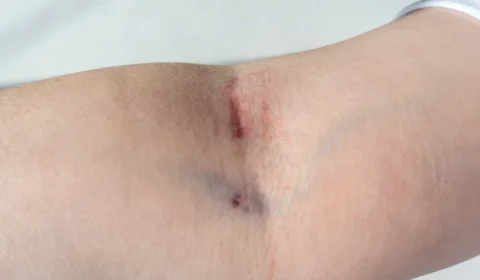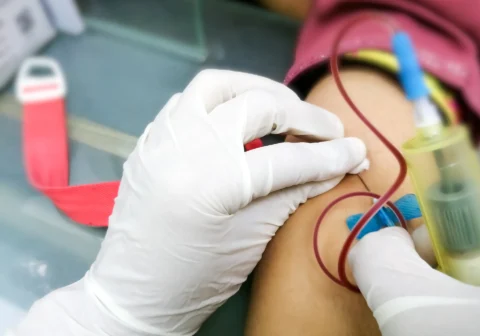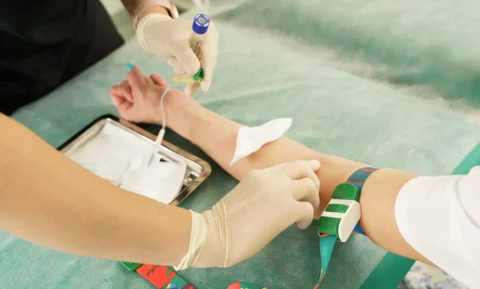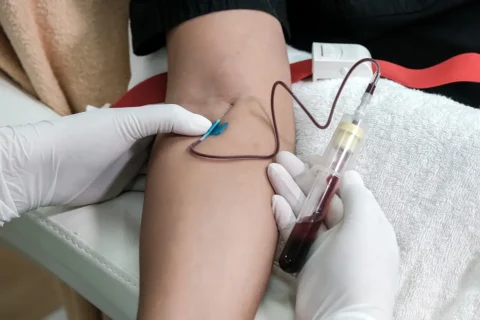Laser hair removal treatments offer a competitive demand in the beauty and cosmetics industry, and learning how to conduct them proves to be easier than other procedures. Most states don’t require aspiring laser technicians to have a medical background before receiving a license, as it’s a non-invasive procedure. Because of this, laser training courses have a steady number of students enjoying various setups for holding the lessons.
So what should you know about laser hair removal training? A laser hair reduction course is a training program equipping students with the proper practice of conducting hair removal procedures. They may learn to perform intense pulsed light treatment, diode laser treatment, and solutions using other laser machines. An attendee will receive a level 4 certification for being a licensed laser technician at the end of the course.
Who Can Receive Training
Those wanting to receive laser technician training should first have a level 3 certification. Laser hair reduction training requires an advanced education in the background of skincare and anatomy and physiology, which students should have learned in their prior courses. However, this will still depend on the regulations that govern the cosmetic procedures in your location. At the end of the course, students will receive a level 4 certification in aesthetic training.
It may also depend on the laws of the state if an aspiring laser technician should have a background as a medical professional. Some states maintain that only healthcare professionals, like nurse practitioners, dentists, physicians, and more, are qualified to seek laser hair reduction training.
The good thing is that most states allow non-medics to receive the course. But they will require cosmetic laser trainees to have a high school diploma before attending a course on laser hair reduction.
What You’ll Learn from Your Level 4 Course
Students seeking a course on hair removal using laser technology will receive a level 4 certification at the end of their course. Aside from learning the processes of laser hair removal, students may also learn about other specialized treatments. Some training providers also offer micropigmentation and platelet-rich plasma.
Those without prior experience with laser technology or aesthetic medicine may seek a beginner’s course in laser hair reduction. The level 4 laser certification course will teach students the basic concepts of laser hair removal, holding consultations, and learning about the treatment procedure.
Overview
Your laser training course will teach the basic concepts of laser hair removal treatments and laser physics in general. Aside from hair removal, this solution is also used for skin rejuvenation, tattoo removal, and body contouring.
You can expect to learn how laser technology incurs the changes we want on the skin and the science behind it. You’ll be introduced to intense pulsed light, diode laser, and other cosmetic laser procedures. It’s also necessary to know their differences and determine which solution is the most suitable choice for a patient.
Since you’ll be dealing with unwanted hair and how to get rid of them, students will also learn about the hair cycle, the causes of hair growth, and how hormones may affect this. Your laser training course will also introduce every skin type you might encounter in the future, should you start your laser procedure practice as an aesthetician.
How to Do Consultations
If you’re training to receive a laser certification, your lessons will also involve doing consultations where you will be trained to communicate with your customer. Cosmetic laser course providers will also teach you about the detailed paperwork, consent forms, contraindications of the procedure, and taking the customer’s medical history.
Your mentors will also tell you more details about the laser procedure, like the right laser setting per skin type, pre-treatment considerations, aftercare and homecare routines, and the instances when a customer needs a doctor’s referral.
Laser Hair Removal Procedure
Your trainers will then teach you the details of conducting this aesthetic treatment. These lessons include performing a patch test for allergies and irritants, treatment protocols, duration between sessions, and effectiveness. Laser training course attendees can also expect to learn about the proper conditions for treatment, setting the accurate settings on the laser machines, adverse reactions and how to manage them, and the sensation of the procedure itself.
Practical Lessons on the Laser Treatments
Once you’ve learned about the overview of the procedure, you will now hold practical lessons with a live demonstration, supervised by your trainers. This allows you to become more acquainted with the laser machines until you’ve fully learned how to operate them with utmost safety. Students will also learn different settings of the cosmetic laser procedures for hair removal per area.
Other Levels of Aesthetic Training
Students undergo level 4 aesthetic training to receive a laser certification. There are also other levels of aesthetic training available, though this might vary depending on your location and the regulations that govern aesthetic medicine and cosmetic procedures.
Level 2
Level 2 aesthetic training involves teaching the basic cosmetic procedures, as simple as manicure, pedicure, and waxing. Beginner aestheticians undergo this course to start their careers because this course only has minimum requirements.
Level 3
Students undergoing level 3 certification will receive a full beauty qualification. They will learn intermediate cosmetic procedures, like Swedish massage, intimate waxing, and makeup. They may also learn chemical peel, microneedling, and microdermabrasion.
Level 7
Level 7 certification courses involve an advanced education in aesthetic medicine, where students will be taught Botox and dermal filler injections. Some states only allow medical professionals to receive this course because the procedures require a level of expertise in facial anatomy.
Tips for Choosing the Right Laser Hair Removal Trainer
If you consider becoming a laser hair removal technician, you may receive a certification after accomplishing a training course. You may find that there are many training providers in the industry. To choose the best school or academy for you, you can:
- Review the course syllabus – review the course syllabus so you’d know the specific lessons you’re going to receive. You might want to receive training from a provider complying with regulations on aesthetic medicine and cosmetics.
- Consider the credentials of the training faculty – if you intend to enrich your career as a laser hair removal technician, you should invest in a training provider with reputable faculty.
- Opt for tailor-fit courses – the provider you’re considering must have different levels of courses to accommodate the background knowledge of the delegates.
- Look for providers with supervised training – some training providers now offer online lectures, but they must have physical live demonstrations and practical lessons as well.
Before choosing a training facility, ensure to research about them and read the reviews. Receiving your certification from a reputable school or academy will open up promising offers for your career and provide a reliable badge on your practice.
Get Your Laser Hair Removal Training from FACE Med Store
Laser hair removal training offers students good career growth with decent demand in the industry. As a non-surgical procedure, it’s also not as complicated, so most states don’t require technicians to have a medical background.
FACE Med Store is a reliable partner of many practices for providing premium medical and beauty supplies at reasonable prices. We also offer different educational packages for aesthetic training, mentored by reputable specialists in the industry. You can browse our catalog today and know more about the courses we offer, or contact us for more information on our other products, services, and programs.






